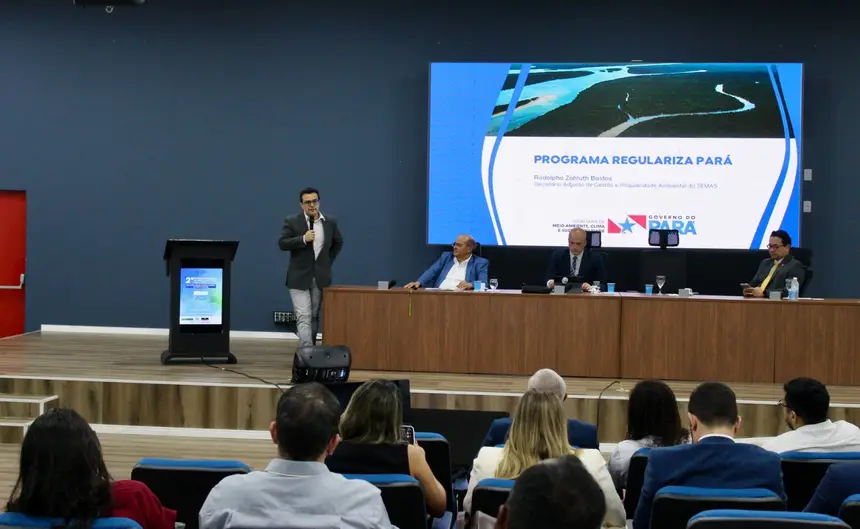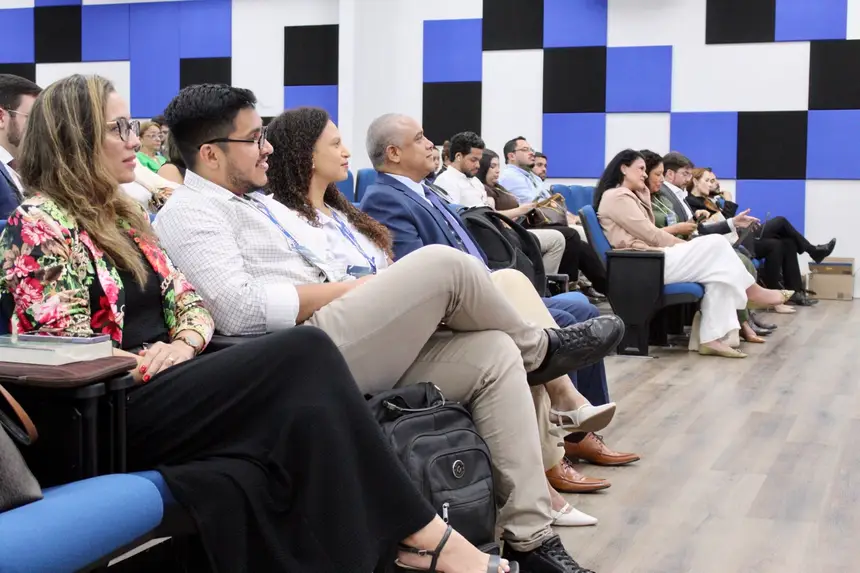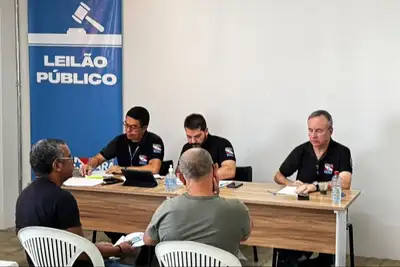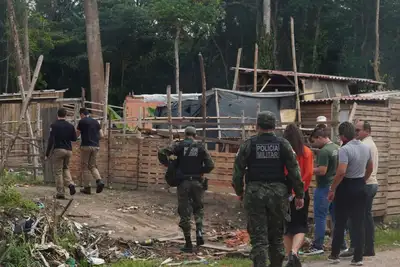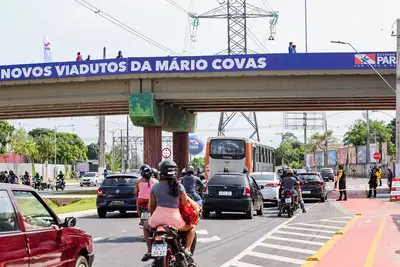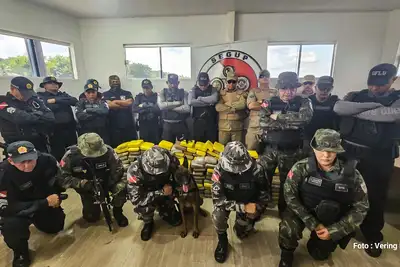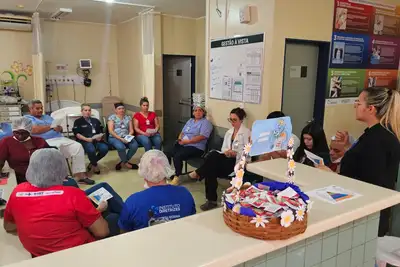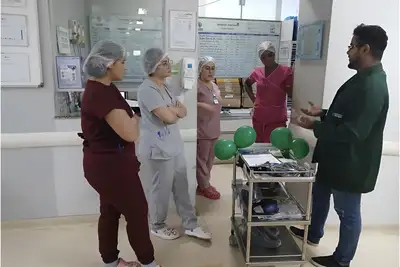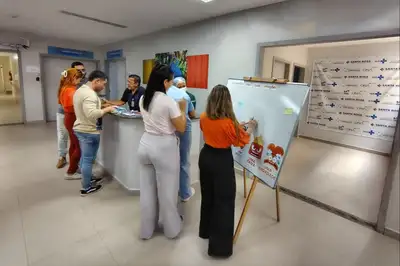Semas highlights strengthening of environmental regularization at Regional Law Seminar
Experts, authorities, and members of the Brazilian Union of Environmental Advocacy learned about the advances in the validation and analysis process of the Rural Environmental Registry in Pará
The State Secretariat for the Environment, Climate and Sustainability (Semas) hosted the 2nd Regional Environmental Law Seminar of the Northern Region on August 28 and 29 (Thursday and Friday). The event, held at the Semas Training Center in Belém, brought together experts, authorities, and members of the Brazilian Union of Environmental Advocacy (UBAA) to discuss strategic themes for the future of the environmental agenda and the main legal challenges in this scenario.
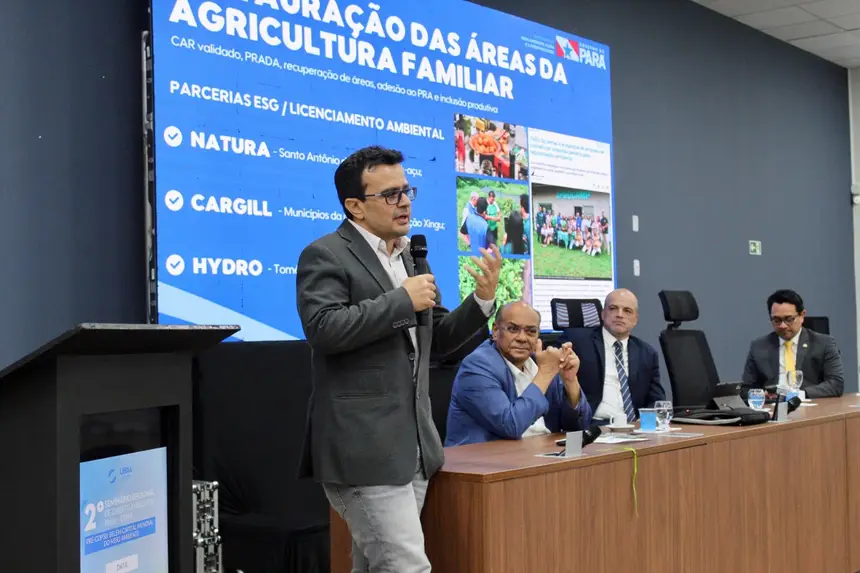
Semas, represented by the Deputy Secretary of Management and Environmental Regularization, Rodolpho Zahluth Bastos, participated in the panel "Land and Environmental Regularization" alongside representatives from the Land Institute of Pará (Iterpa) and the Institute for Forest Development and Biodiversity (Ideflor-Bio). The panel was moderated by the president of UBBA, Alexandre Burmann, and included the participation of the president of Ideflor-Bio, Nelson Pinto de Oliveira, and the president of Iterpa, Bruno Kono.
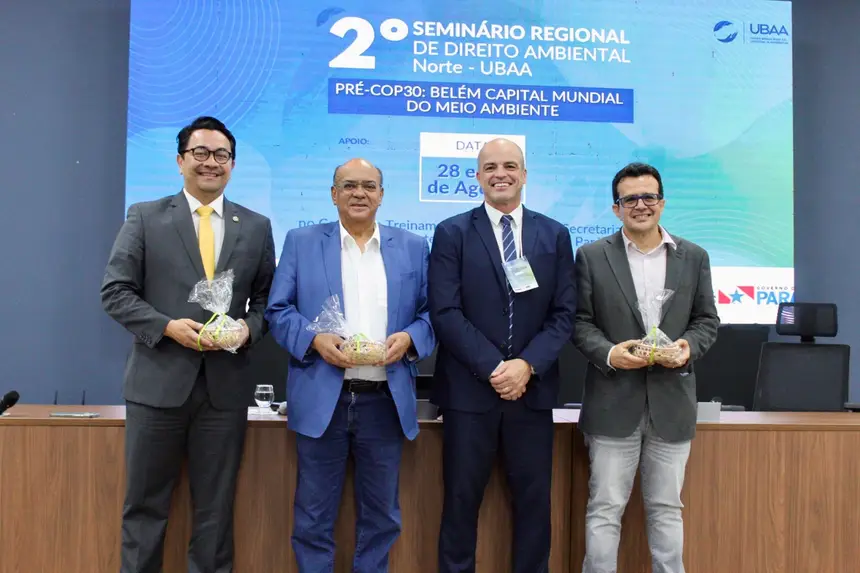
Dialogue - For Bruno Kono, the integrated participation of state agencies in the seminar highlights Pará's advances in the land and environmental regularization agenda. "This dialogue shows what the State has been building to ensure legal security, attract investments, and share experiences with other states in the Amazon and Brazil," he emphasized.
During the meeting, Rodolpho Bastos addressed the advances in the validation and analysis process of the Rural Environmental Registry (CAR) in Pará, which has reached unprecedented numbers, and the implementation of new accessibility and technical training strategies.
According to the Deputy Secretary of Semas, the efforts of the regularization team allowed for a leap in the average validation of the CAR, reaching about 1,600 monthly analyses, totaling over 200,000 completed processes between 2016 and 2025. "This extraordinary result strengthened the regularization policy, with a direct impact on environmental recovery and the sustainability of rural production," he highlighted.
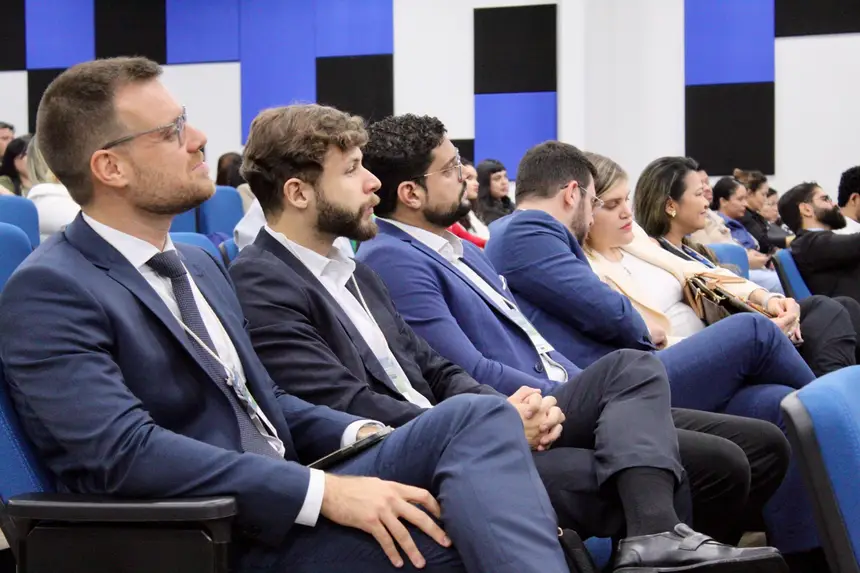
Investment in accessibility - Semas invests in in-person actions to achieve environmental regularity, such as CAR validation campaigns, using mobile units equipped with internet and service structures, in addition to a network of partnerships involving Municipalities/ Municipal Environmental Secretariats, Emater (Brazilian Company for Technical Assistance and Rural Extension), Floresta+, Incra (National Institute of Colonization and Agrarian Reform), unions, and other organizations. This strategy has allowed regularization to reach remote regions of the Pará territory.
The Regulariza Pará Program also establishes partnerships with the private sector to support financing for restoration for family farming, enhancing the integration between regularization and the implementation of productive restoration.
In this sense, the State expands the integration between technical analysis, campaigns, and incentives, such as Payment for Environmental Services (PSA), ensuring access to rural credit and encouraging sustainable practices, such as cocoa cultivation.
"Environmental regularization has a direct impact on access to rural credit, which is essential for family farming. Farmers with pending CARs are prevented from accessing financing, which can lead to the sale or leasing of properties," emphasized the secretary.
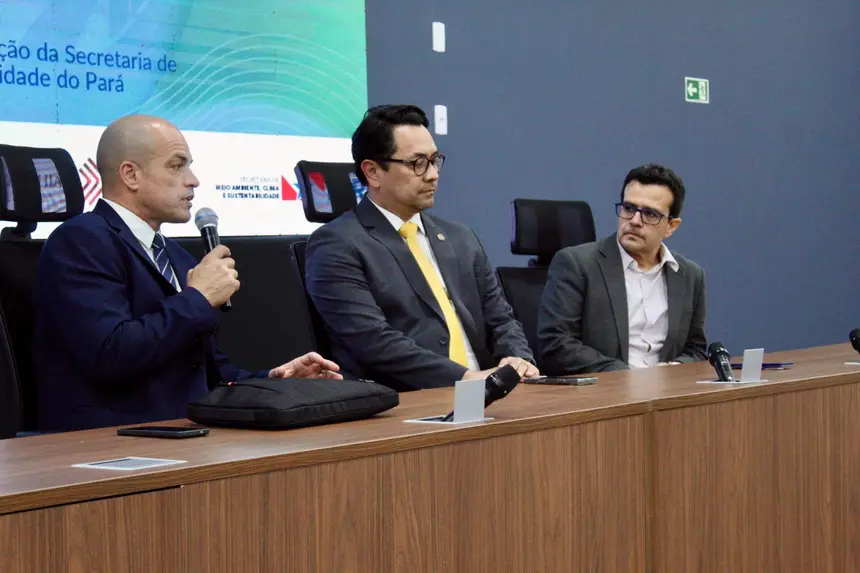
Results - With these actions, the State has already validated nearly 10 million hectares, benefiting family farmers, settlements, and traditional communities.
“We are building a regularization model that combines land management with humanization in face-to-face service, social inclusion, and implementation partnerships for sustainability. This work strengthens agriculture, ensures forest conservation, and develops a low-carbon economy in the Amazon,” emphasized Rodolpho Bastos.


